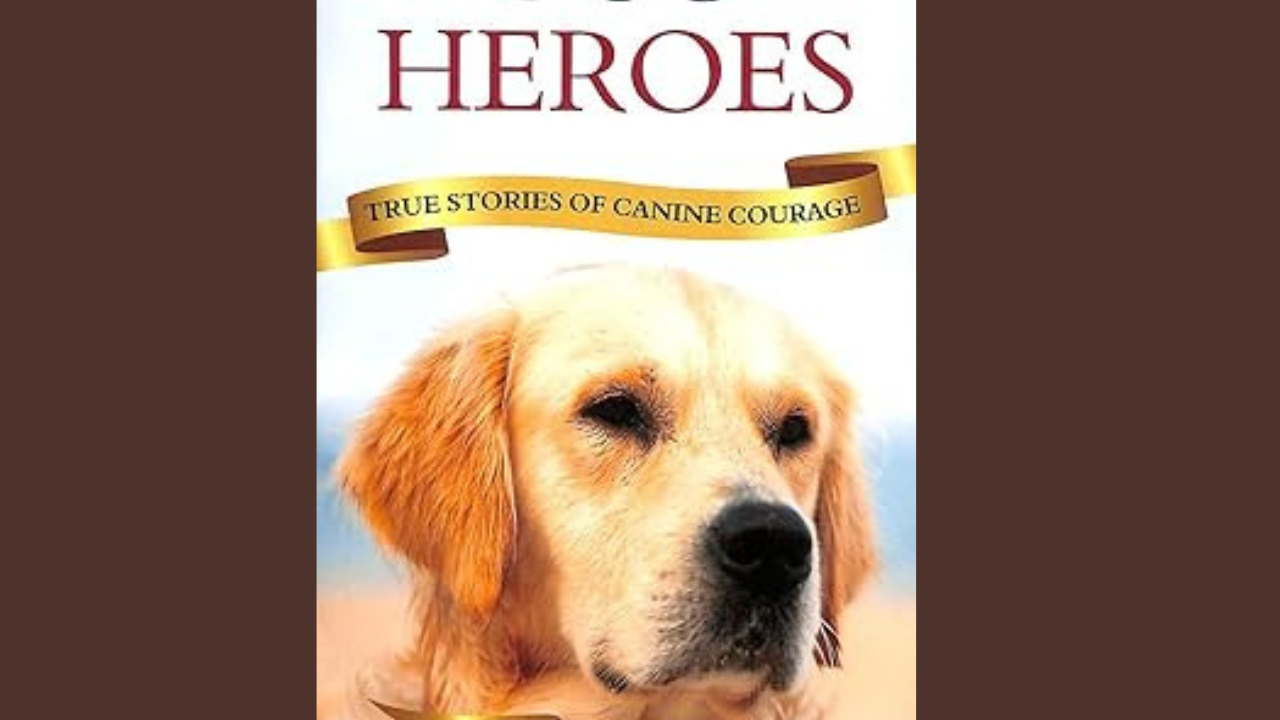Dogs and Heroes Don’t Dress Up Chapter 4 is a compelling narrative that blends themes of loyalty, courage, and authenticity. Chapter 4 stands out as a pivotal moment in the story, deepening our understanding of what it truly means to be brave—not through grand gestures, but through unwavering devotion and selflessness.
We’ll take a deep dive into Chapter 4, exploring its key moments, character dynamics, and the profound messages it conveys about Dogs and Heroes Don’t Dress Up—and why neither needs to “dress up” to prove their worth.
The Essence of Chapter 4: Loyalty Tested
Dogs and Heroes Don’t Dress Up Chapter 4 of shifts the focus toward the raw, unfiltered bonds between its characters. Whether human or canine, the central figures face trials that force them to confront fear, doubt, and the true meaning of heroism.
1. The Unspoken Bond Between Dog and Human
One of the most striking elements of this chapter is the deepening relationship between the protagonist and their loyal canine companion. Unlike humans, dogs don’t wear masks—they don’t pretend to be something they’re not. Their bravery isn’t performative; it’s instinctive.
- A Moment of Crisis: When danger arises, the dog doesn’t hesitate—it acts. This mirrors the idea that true heroes don’t need capes or armor; their courage comes from within.
- Silent Understanding: There’s a profound moment where words aren’t needed. The dog’s presence alone provides strength, reinforcing the theme that loyalty speaks louder than speeches.
2. The Hero’s Internal Struggle
The human protagonist in this chapter faces a crucial test—one that isn’t about physical strength but moral courage.
- Self-Doubt vs. Duty: The hero questions whether they’re truly capable of protecting those they care about. This internal conflict makes their eventual choice to act even more powerful.
- The Parallel Between Dog and Hero: Just as the dog doesn’t overthink before leaping into danger, the hero learns that real bravery isn’t about being fearless—it’s about acting despite fear.
3. The Villain’s Deception: A Contrast to Authenticity
Chapter 4 introduces (or further develops) an antagonist whose power lies in deception—wearing a façade to manipulate others. This serves as a direct contrast to the Dogs and Heroes Don’t Dress up genuineness.
- False Appearances: The villain may dress impressively, but their actions reveal cowardice.
- Dogs and Heroes Don’t Need Disguises: While the antagonist hides behind a mask, the dog and hero remain true to themselves, proving that integrity is the ultimate strength.
Key Themes in Chapter 4
1. Loyalty Beyond Words
Dogs don’t speak, yet their devotion is undeniable. Chapter 4 emphasizes that actions define loyalty—not promises or grand declarations.
2. Bravery Without Recognition
Heroes in this story don’t fight for glory. Like dogs, they act out of love and duty. This chapter challenges the idea that heroism requires applause.
3. The Power of Instinct Over Calculation
While humans often hesitate, dogs act on instinct. Chapter 4 suggests that overthinking can be a weakness, and sometimes, the purest form of courage is immediate and unrehearsed.
Why “Dogs and Heroes Don’t Dress Up”?
The title itself is a thesis statement: authenticity is the mark of true courage.
- Dogs don’t pretend—they are loyal, fearless, and present.
- Heroes (the real ones) don’t need costumes—their strength comes from character, not appearance.
Dogs and Heroes Don’t Dress Up drives this point home by stripping away illusions and forcing both characters and readers to confront what really matters.
Final Thoughts: What Makes Chapter 4 Special?
Dogs and Heroes Don’t Dress Up Chapter 4 isn’t just another plot progression—it’s a philosophical exploration of what it means to be brave and loyal in a world that often values show over substance.
- For Dog Lovers: It’s a tribute to the unwavering spirit of canines.
- For Adventure Seekers: It’s a lesson in real heroism—one that doesn’t rely on theatrics.
- For Thinkers: It’s a meditation on authenticity vs. deception.
If you take one thing from this chapter, let it be this: You don’t need to dress up to be a hero. You just need to show up.
